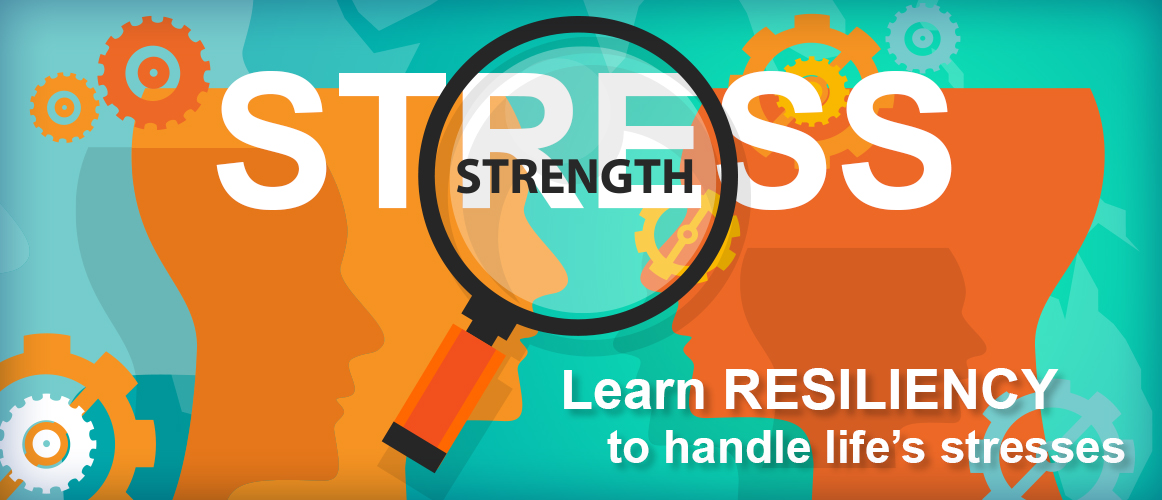Integrative health director preaches power of resiliency

Published on March 31, 2017
“Bow up.” “Get with the program.” “Grin and bear it.” “It is what it is.”
“Just deal with it.”
It's what people might tell someone who's facing an adversity or stress that leaves him or her in uncomfortable and extraordinary circumstances. The way someone adapts or changes in the face of adversity, however, has everything to do with building the resiliency to withstand it, a University of Mississippi Medical Center wellness educator says.

Burgess
“People come to me because they're dealing with stress, turmoil or adversity in their lives,” said Dr. Danny Burgess, director of the Center for Integrative Health at UMMC and co-director of the Student Counseling and Wellness Center. “They're at their worst in being able to respond to that.
“They want things to be back to the way they were, or should have been. They're emotionally overwhelmed. They sort of shut down.”
What they're experiencing isn't the problem, Burgess said; instead, it's their fight against experiencing the bad experience.
His advice on increasing a person's power of resiliency: Before he or she is able to do anything, he or she must have a three-pillared foundation of nutrition, physical activity and sleep.
“If those are out of whack, everything else is going to be out of whack,” Burgess said.
The individual should try to get the focus away from the problem. He or she can't change it.
“Focus on how you deal with it,” Burgess said. “Never say, 'It is what it is.' It's such a resignation when you say that. Get that phrase out of your vernacular.
“It's what you make it. When you can change your mentality in the way you think of it, it throws the power back to you instead of it being out of your reach.”
He said some of the most important components of resiliency are relationships and social support.
“They have a stress-buffering effect,” Burgess said. “When we're hit with a tragedy or stress, it's much better to be hit if you have someone to absorb it with you. That increases your self-efficacy and your belief that you can do something about the situation, and that change will come.”
He said to be realistically optimistic.
“It's all in how you think and talk about yourself. Be aware of what your reality is and be optimistic about it. People think they're in a permanent situation.
“It's temporary, specific and changeable. It's not insurmountable.”
And he said individuals should adjust their coping behaviors.
“Sometimes we focus on eliminating the stressor,” Burgess said. “But an emotional focus is knowing that you might not be able to eliminate it, but you can manage it and adjust it.
“If you just focus on the problem piece, you are taking the wrong approach.”
Lastly, Burgess suggests individuals should try to find meaning in their tragedies.
“This begins to shift your way of thinking about your stressors,” he said. “Stressors are changes in your life to deal with, rather than threats.
“If you think about it as a threat then you take a more passive approach, but if you see it as a challenge, it puts you in the driver's seat.”


